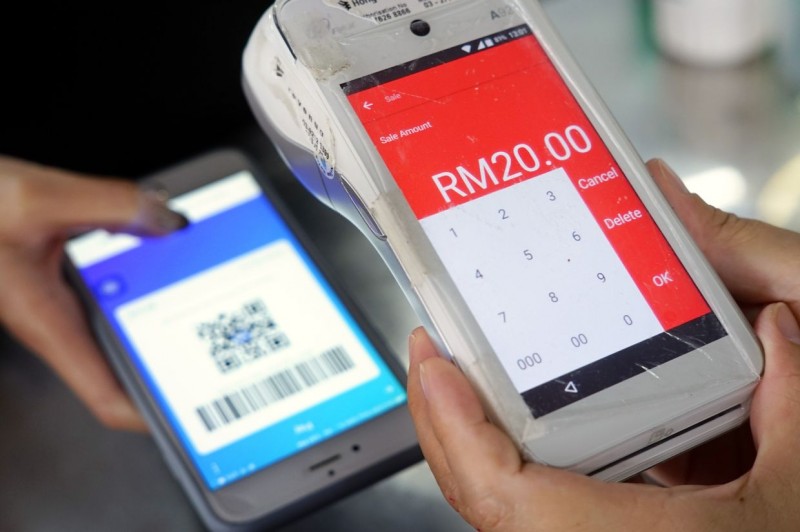
Image credit: The Star
PETALING JAYA: While Malaysians continue to predominantly use cash for payments, reliance on physical currency notes and coins has dropped, similar to the situation in other countries, a study shows.
The percentage of Malaysians who use cash to make payments has fallen 11 percentage points to 78% from 89% before the Covid-19 pandemic, according to the PayNet Digital Payments Insights Study 2022 by Payments Network Malaysia Sdn Bhd (PayNet).
Fewer Malaysians use cash when it comes to daily payments (48.4%) and even fewer do so in urban areas (36.2%), likely contributed by the rise of QR payments, established trust in debit cards, as well as due to fears of becoming infected by handling cash.
Businesses, except those in the East Coast and the Southern region, experienced changes in customer payment behaviour since the pandemic with cash no longer being the primary payment method. The Northern region showed the most pronounced change.
According to the study, 78% of Malaysians have more than one e-wallet but this ecosystem of more than 50 bank and non-bank e-wallets is witnessing users gravitating towards five e-wallets.
It also revealed that cash is now mainly used for payment at roadside food stalls (71%), eating out at budget places such as food court and Indian Muslim eateries (68%), as well as for groceries (51%).
Meanwhile, the awareness among businesses of the need to undergo a digital transformation for survival and to remain competitive is fuelling the adoption of digital payments.
Small and medium enterprises (SME) do not find fees and charges as top reason for not adopting digital payments, but cited barriers such as too much technical jargon (43%) and too much documentation/paperwork (38%).
SME also cite expanding to a digital platform (56%) and speeding up digital transformation (53%) as their top two priorities this year.
The study revealed that online presence has helped B2C companies to survive during the pandemic and that businesses that survived and thrived during the pandemic have the characteristics of omni-channel presence, e-payments enabled, always-on and beyond local market.
PayNet CEO Peter Schiesser said: “This is our inaugural study and we plan to undertake future studies to better understand the payment behaviour of the rakyat, their attitudes towards digital payment methods and the factors driving change in payment preference.”
PayNet commissioned Nielsen IQ to conduct a field study in the fourth quarter of last year to understand the payment preferences of the public and businesses, with a particular focus on the relevance of cash and the adoption of digital payments by small and medium enterprises.
Source: https://www.thesundaily.my/business/paynet-less-cash-more-digital-in-malaysia-s-payments-landscape-HY9045018

